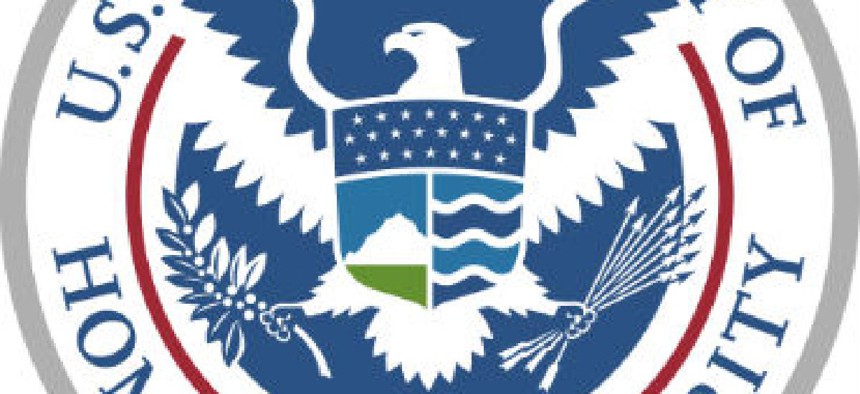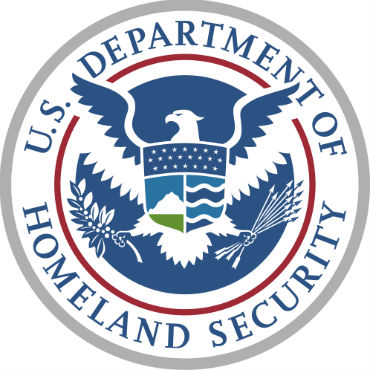Cyber a priority in DHS spending blueprint

The Einstein automated intrusion-detection system would be funded at $549 million under the president's proposal.

President Barack Obama's $38.2 billion discretionary budget for the Department of Homeland Security in fiscal 2015 includes more than a half-billion dollars to support continued implementation of the Einstein managed security service.
DHS Secretary Jeh Johnson said the topline figure for the department represented a 2.5 percent reduction compared with the fiscal 2014 enacted spending level.
According to Johnson, the DHS budget would direct a total of $1.25 billion to cybersecurity, including resources to detect malicious traffic that targets civilian government networks; to support cyber and cyber-enabled investigations carried out by Immigration and Customs Enforcement and the Secret Service in areas such as cyber economic crime, identity theft, theft of export controlled data, and child exploitation; and to manage computer forensics programs.
Included in the department's cybersecurity effort, in what the president's March 4 proposal calls a continuation of a key administration cybersecurity initiative, is $549 million to support Einstein. The initiative is conducted through DHS' National Protection and Programs Directorate.
The first version of the Einstein automated intrusion-detection system launched in 2004, and Einstein 2 followed in 2008. The latter is deployed at roughly 70 government agencies. DHS began releasing Einstein 3 last July.
Einstein 3 builds on the two previous versions and offers capabilities that go beyond observing network information flow and signature-based threat detection. The latest iteration works with Internet service providers to detect and stop malicious traffic.
The fiscal 2015 budget proposal also aims to support the design of a Federal Cyber Campus that would co-locate key civilian cybersecurity agencies to promote an expansive approach to cyber incident response.
The proposal also includes $514 million for research and development activities to target opportunities in cybersecurity, explosives detection, nuclear detection, and chemical and biological detection.
Another IT-centric provision would provide $124 million to support, expand and enhance Citizenship and Immigration Services' E-Verify system. Hundreds of thousands of U.S. businesses use the Internet-based system to confirm their employees' immigration status for employment, although anyone in the U.S. over the age of 16 can use the system to confirm eligibility.
The budget would fund an expanded E-Verify review process that would allow employment-authorized individuals to ensure that their government records are correct. More than half a million employers are enrolled in E-Verify, and the program continues to grow by approximately 1,500 new employers each week, according to the budget proposal.
The E-Verify funding would bolster the system's capabilities to detect and prevent fraud, provide for additional customer service enhancements and support the program's continued expansion, according to the White House.


